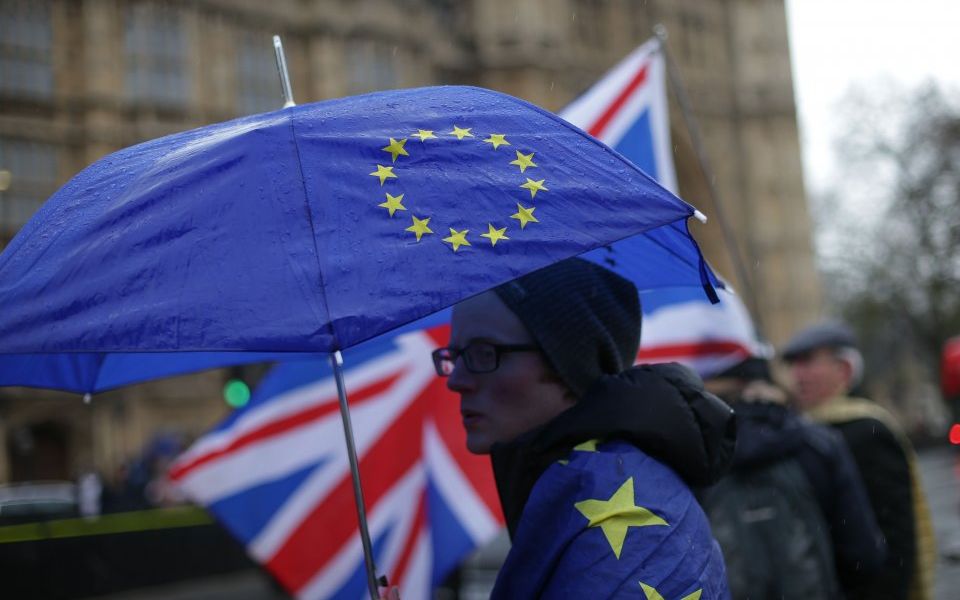Both sides would lose out from a no-deal Brexit

As MPs return to the House of Commons this week, a plethora of pressing issues will have built up during party conference season.
One topic, of course, that will inevitably continue to dominate the political landscape over the coming weeks and months is Brexit.
Negotiations are entering a critical phase, with less than six months to go until the UK leaves the European Union.
Read more: Citi to set up a new UK bank post-Brexit
Progress has stalled since the Salzburg summit last month, and concerns about the prospect of a “no-deal” Brexit have been growing across the City.
Firms are now looking to next week’s EU summit in the hope of seeing signs of a breakthrough that cuts through the fog of Brexit uncertainty.
My message during recent meetings with politicians across the party conferences, and with representatives of members states in Brussels, has been that we should all redouble efforts to secure a withdrawal agreement. This is vital to avoiding a no-deal scenario and potential cliff-edge shocks that could destabilise markets, which is in no one’s interest.
Firms need clarity on Brexit in order to continue to drive investment and create jobs across the country. Businesses and consumers on both sides of the Channel also need to know that their contracts will be valid and enforceable after March 2019.
Cliff-edge issues, such as contract continuity, cross-border data flows, and the operation of clearing houses could prevent the industry from servicing their clients.
These might seem like obscure, technical details that only matter to financial services firms. They could, however, have a tangible impact on citizens and businesses across Europe, from pensioners in Spain to factory owners in Germany.
The private sector cannot solve these issues in isolation by next March given the sheer volume of contracts concerned.
The ideal solution at this point would be a secure transition period, provisions in the withdrawal agreement for grandfathering arrangements, and contract transfers where needed.
We must accept, however, that at this point it is not clear whether that withdrawal agreement will be achieved. Both sides therefore need to be prepared for the consequences of a no-deal Brexit.
UK regulators have taken several steps unilaterally to enable markets to continue to operate smoothly after Brexit. But we now need to see this reciprocated by EU regulators to avoid risks to financial stability.
Arguments about which side will be most affected by no deal miss the point that global markets are closely interconnected.
Damaging outcomes for either side could ripple out across the financial system. Ten years on from the financial crisis we should remember this point.
The possibility that the sector will not be able to service their clients poses an urgent threat to the smooth operation of both EU and UK economies. The sooner that politicians and regulators can work with industry to deliver pragmatic solutions to cliff-edge issues the better.
We can then focus on our longer-term partnership, which I hope will see the UK move from being one of the EU’s most reluctant members to one of its closest friends.
Read more: Juncker signals optimism for agreement on Brexit deal
